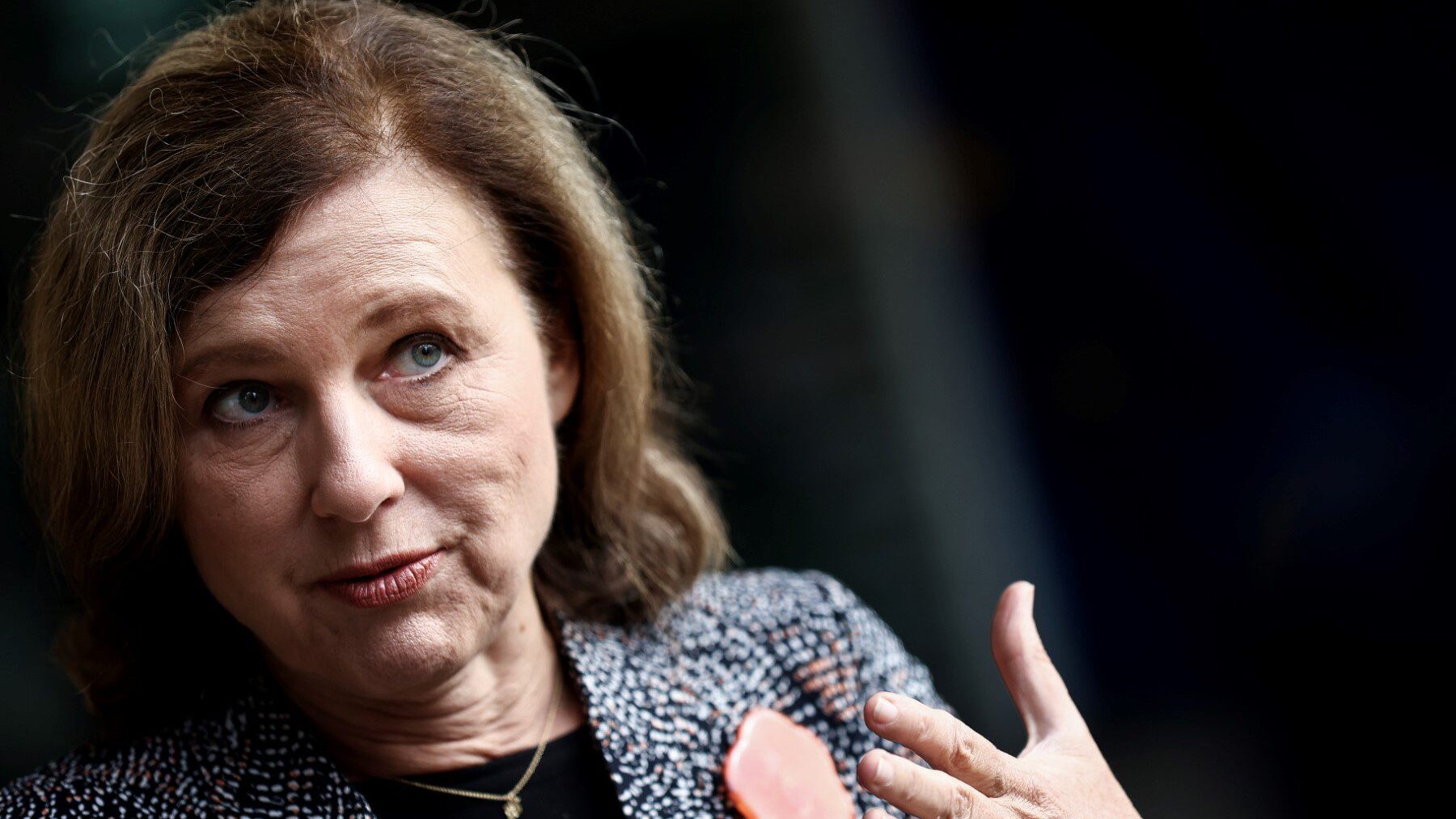
Photo: KENZO TRIBOUILLARD / AFP
Difficult times lie ahead for Twitter should the company not adequately prepare for the Digital Services Act (DSA), says Věra Jourová, the European Commission’s Vice-President for Values and Transparency. The DSA, which will take effect in August, represents the EU’s new rules for social media and internet platforms like Twitter.
During an interview on April 26th at the “European Newsroom,” a collaborative project involving 18 news agencies from across Europe, Jourová complained about “unregulated” and “aggressive” Russian “propaganda” circulating on Twitter.
The Czech EU bureaucrat noted that Russia was having great success—particularly in developing countries—in putting forward its own narrative about the war in Ukraine, and said the EU is fast “losing” the information war between Russia and Ukraine (and its backers). Being on the platform has thus left her feeling “increasingly uncomfortable,” Jourová said, which she admitted was “just a personal feeling.”
She expressed regret that many of Twitter’s content moderators had been let go by Elon Musk, the company’s new billionaire owner. Since Musk’s purchase of the company last year, more than 6,000 staffers have been fired, the billionaire told the BBC in a now-infamous interview earlier this month.
Musk has explained that such a “drastic action” was necessary since the company was facing “a $3 billion negative cash flow situation.” But Jourová says people were let go “who understood our thinking, that the fight against disinformation is not censorship.”
Jourová said she would like Musk to understand the EU’s “philosophy”—which, while it “protects freedom of expression,” is “not unlimited.” “I would compare the situation to driving on the highway. If you go over the speed limit, you are punished and may one day lose your license,” she said.
It is, therefore, necessary for Twitter and others to “step up their work against Russian propaganda,” she said. Otherwise, once rules like the DSA become mandatory, those in breach of them will risk hefty fines—and Twitter “will possibly have a difficult time.” Until then, she said, there was “still room for dialogue.”
Before her “European Newsroom” interview, Jourová cited an AP report that presented research by Reset—a London-based public interest non-profit that targets Big Tech companies—which found that recent policy changes at Twitter had amplified state-backed ‘disinformation’ on the platform. Jourová said this evinced “yet another negative sign” by Twitter.
Reset pointed to Twitter’s decision to remove state-backed labels from accounts operated by governments in China, Iran, and Russia, while lifting restrictions on algorithmic amplification of their content. According to Reset’s research, Kremlin messaging saw a visibility boost of around one-third.
In a follow-up tweet, Jourová commented that “this is a signal that Twitter is falling short of its commitments to the anti-disinformation Code [a code of good practices to which a range of platforms voluntarily adhere],” adding that “this is a paramount test to show they are serious about respecting the Code and ultimately compliance with the Digital Services Act.”
Before and after his acquisition of Twitter was completed last October, Musk, a self-professed “free speech absolutist,” declared his intention to make Twitter a platform on which free speech would flourish. He has locked horns with Brussels ever since, as the EU seeks to curb speech it (often opaquely) labels “hate speech,” “propaganda,” “disinformation,” “misinformation,” or various permutations thereof.
